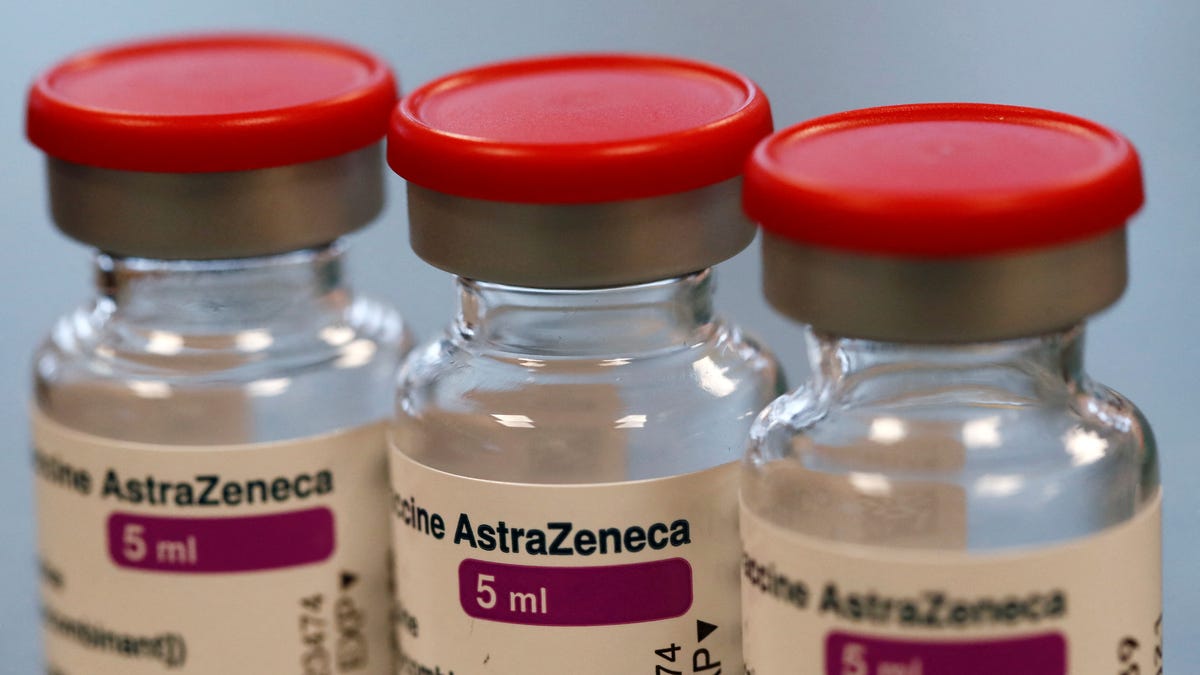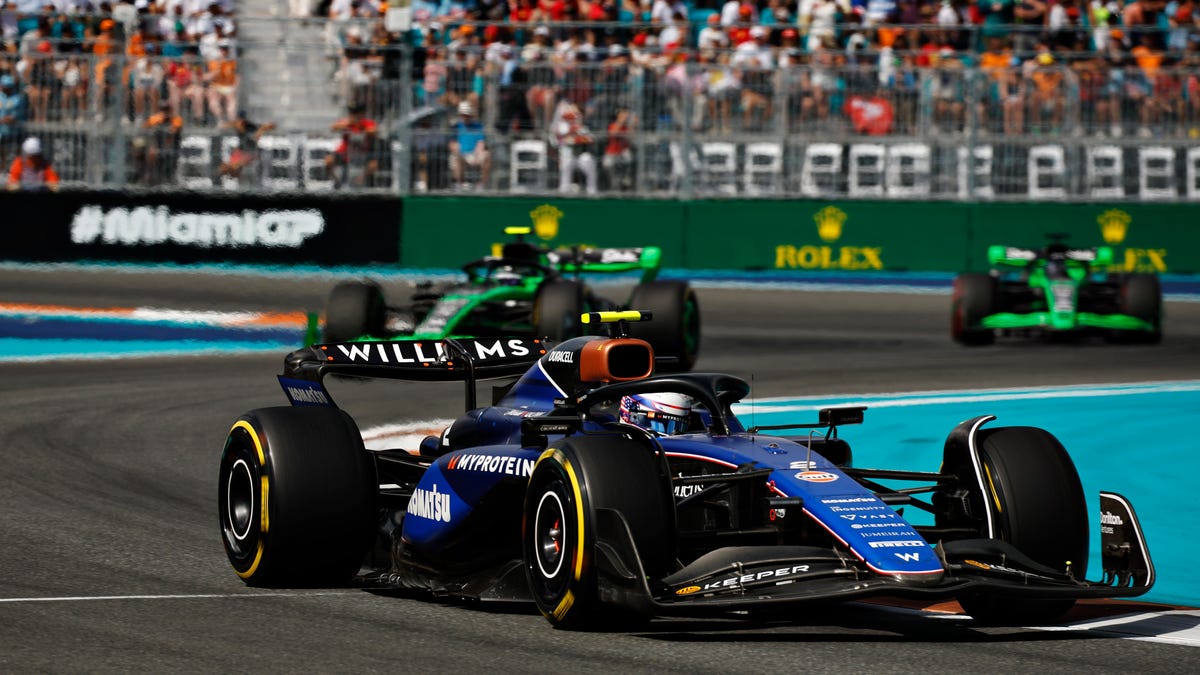AstraZeneca Withdraws Marketing Authorization for Vaxzevria Vaccine in Europe
The Cambridge, U.K.-based pharmaceutical giant AstraZeneca announced on Wednesday that it has ceased production and supply of its COVID-19 vaccine, Vaxzevria, in response to dwindling demand. This decision reflects a broader trend within the pharmaceutical industry, as multiple companies grapple with reduced sales of their respective COVID-19 vaccines.
Reason for Withdrawal
The European Medicines Agency (EMA) updated its website to confirm the withdrawal of marketing authorization for the Vaxzevria vaccine within the European Union. AstraZeneca cited low demand as the primary motivation behind this voluntary withdrawal, emphasizing the surplus of alternative COVID-19 vaccines currently available on the market. In an emailed statement to Quartz, the company stated, “As multiple variant COVID-19 vaccines have since been developed, there is a surplus of available updated vaccines, leading to a decline in demand for Vaxzevria. AstraZeneca has therefore taken the decision to initiate the withdrawal of Marketing Authorisations for Vaxzevria within Europe.”
Despite the cessation of production and supply, AstraZeneca expressed pride in the impact of the Vaxzevria vaccine, noting that it played a crucial role in saving an estimated 6.5 million lives during its initial year of deployment. Developed in collaboration with the University of Oxford, Vaxzevria was among the first COVID-19 vaccines to enter the global market at the onset of the pandemic.
Declining Vaccine Sales
The decline in demand for COVID-19 vaccines is not unique to AstraZeneca, as evidenced by the challenges faced by other pharmaceutical companies in this sector. Moderna recently reported a sharp 91% decrease in sales of its COVID-19 vaccine during the first quarter of 2024, amounting to $167 million in revenue. Similarly, Pfizer experienced an 88% decline, generating $354 million from COVID-19 vaccine sales during the same period.
In the United States, data from the Centers for Disease Control and Prevention revealed that only 14% of the population had received an updated 2023-24 COVID-19 vaccine, underscoring a broader trend of reduced vaccination rates. This shift in consumer behavior reflects the evolving landscape of the pandemic and the changing dynamics of public health response strategies.
Image/Photo credit: source url





